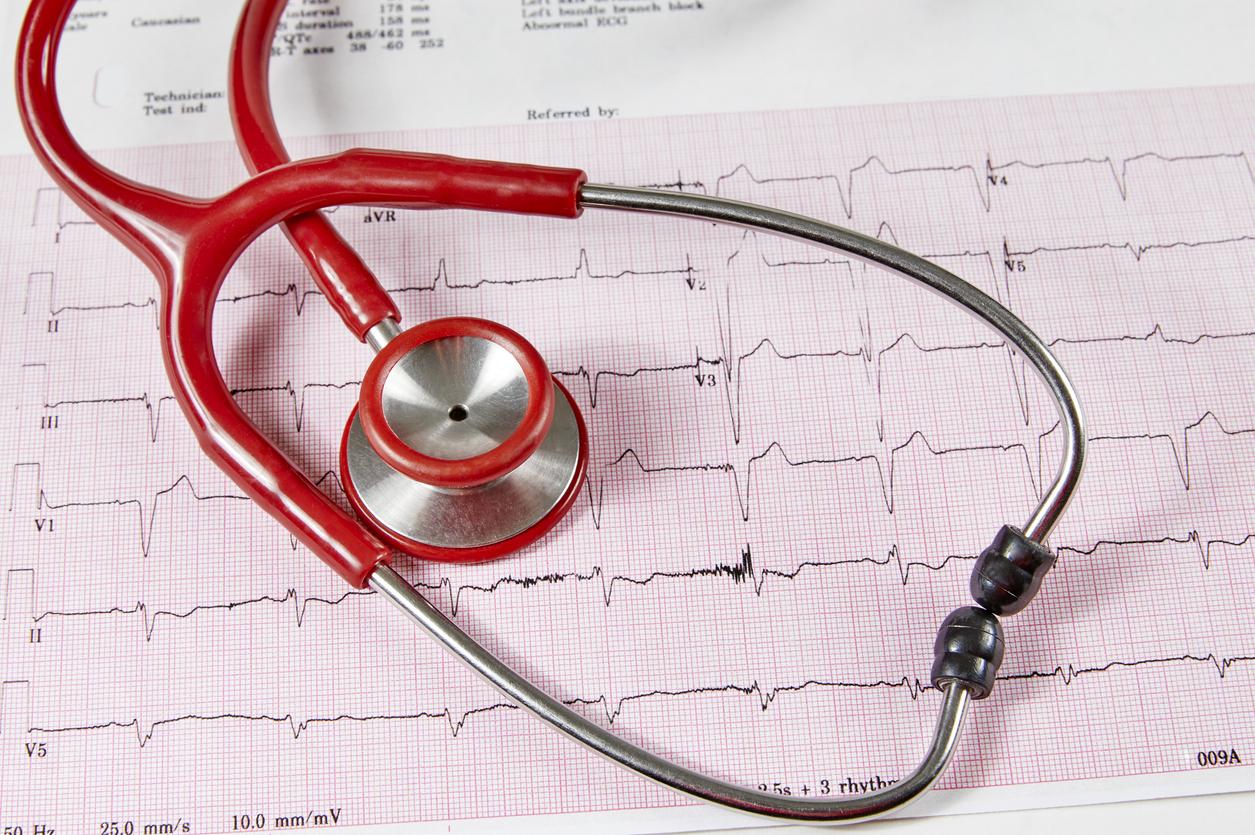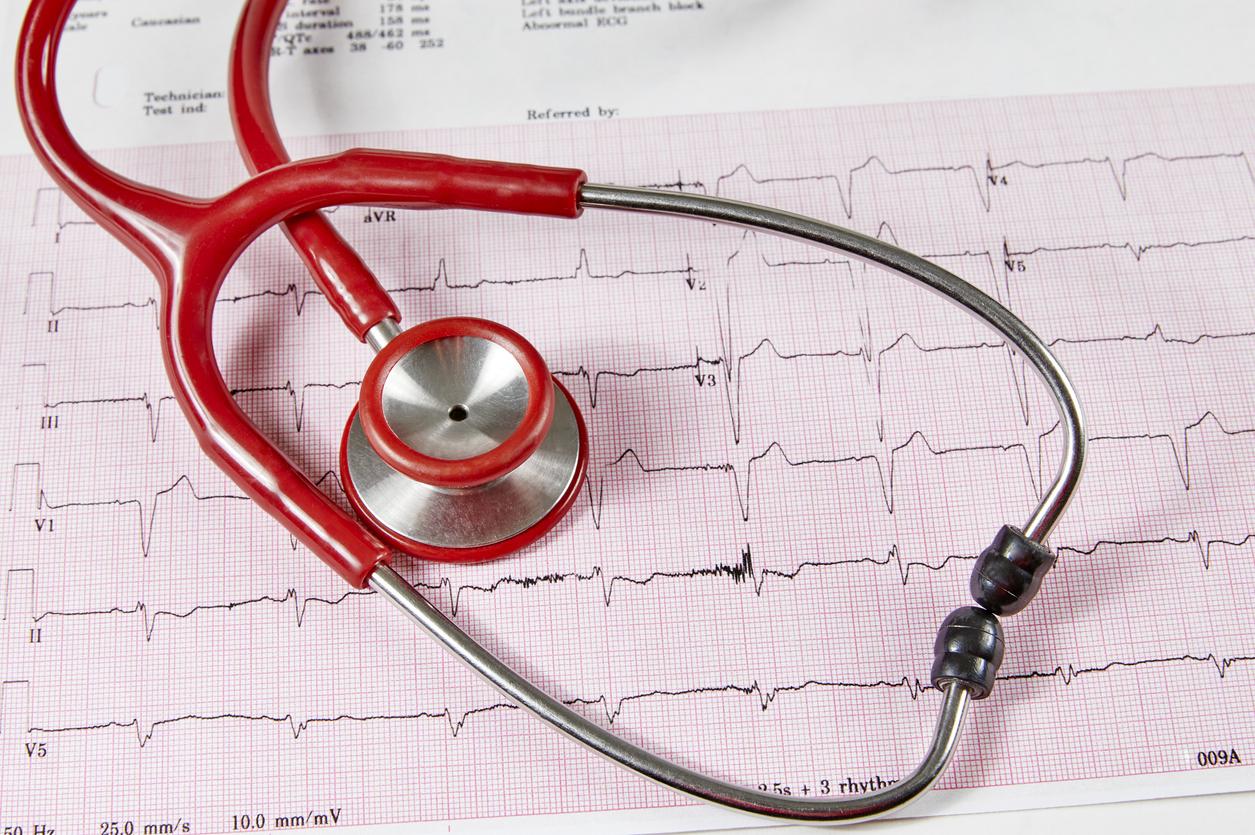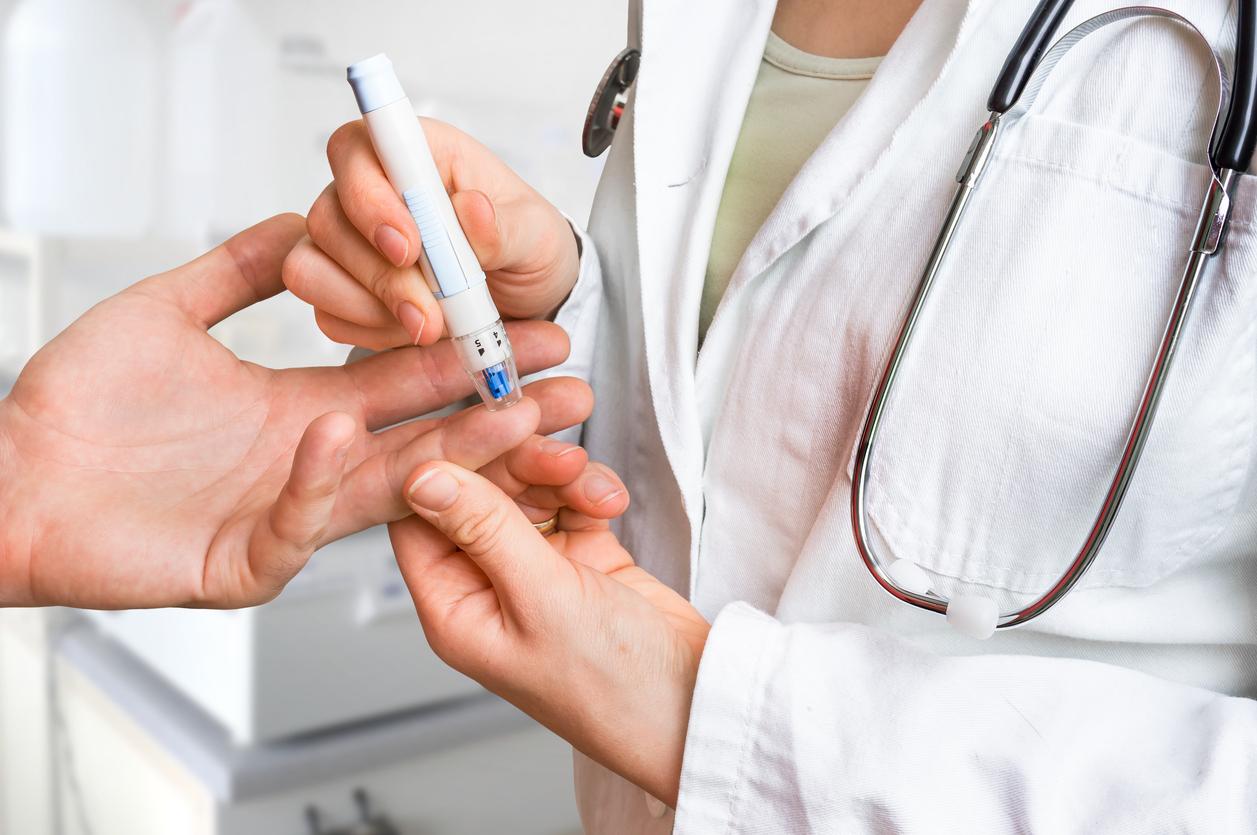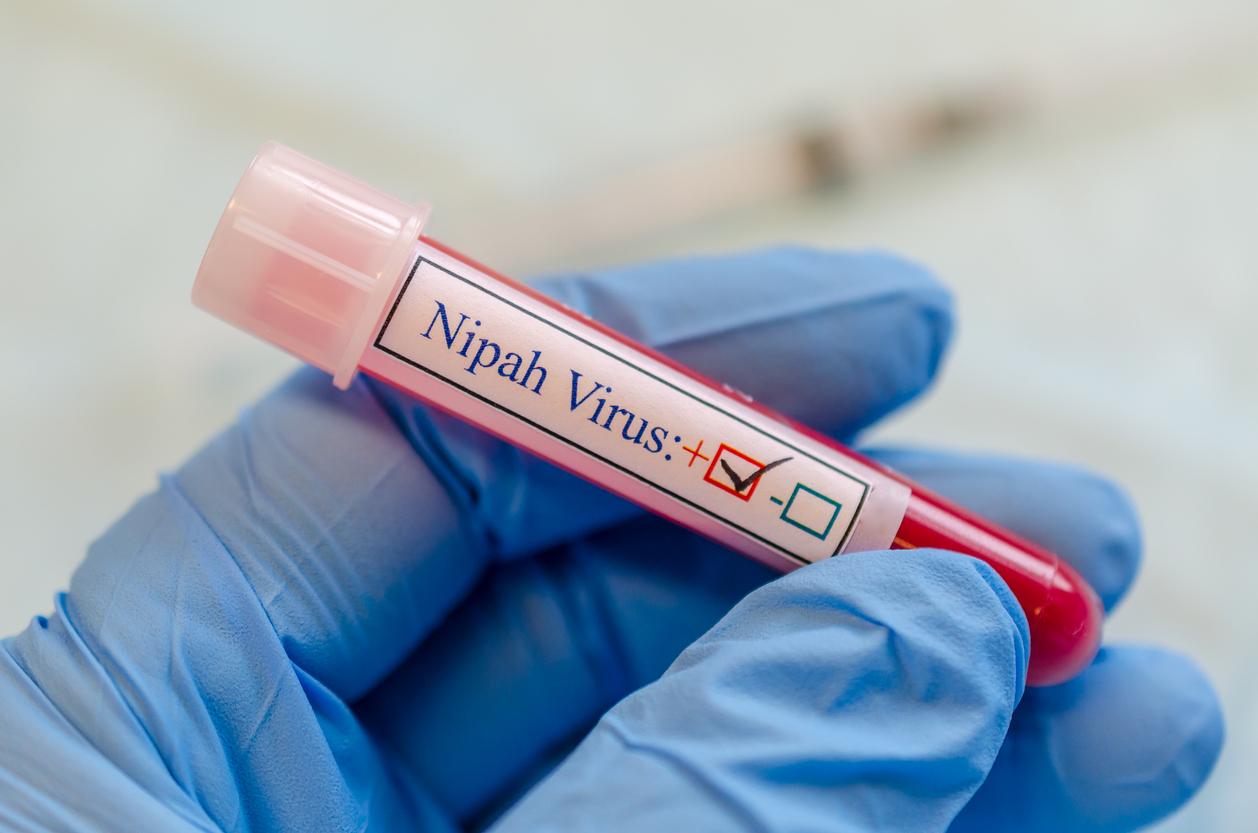A person whose heart beats quickly and irregularly is at increased risk of dying, even if the condition goes undetected by traditional cardiac monitoring.
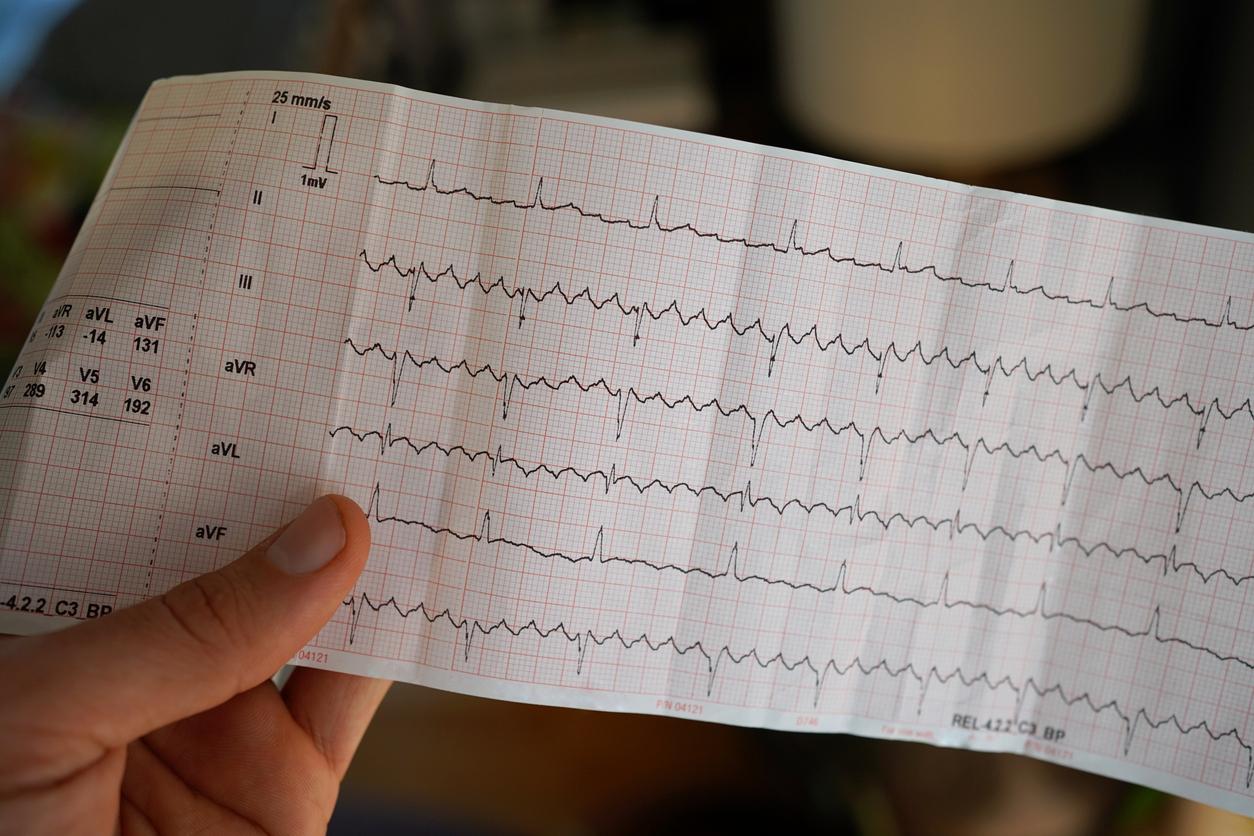
- People with abnormal heart rhythms were 13 times more likely to die.
- The risk of death was high even though episodes of atrial fibrillation could only be detected by an implanted device and lasted only a few hours.
- Among patients with irregular heartbeats, persistent atrial fibrillation was associated with a 39% increased risk of death.
It is the most common heart rhythm disorder. Atrial fibrillation, or atrial AF, is defined by anarchic and rapid electrical activity of the muscle of the atria (upper chambers of the heart), which results in the disordered and ineffective contraction of these atria, followed by irregular and rapid contraction of the ventricles (tachyarrhythmia), according to Health insurance. “Although this condition can have fatal consequences, most people do not even know they have it,” reported Rod Passmanprofessor of electrophysiology at Northwestern University (United States).
Atrial fibrillation: 13% of patients fitted with a cardiac device died
Recently, the researcher and his team have become interested in subclinical atrial fibrillation. “Patients with pacemakers or implantable defibrillators can have episodes of atrial fibrillation detected by their device without their awareness. The question we wanted to ask is: Does subclinical atrial fibrillation have the same impact on mortality as clinical atrial fibrillation?” To answer this question, they conducted a study in which they analyzed data from 21,391 people fitted with a pacemaker or defibrillator.
Among them, 7,798 adults had at least one episode of heart rhythm disorder detected by the device. “These episodes could last from a few minutes to a few hours to a few days. When we followed these patients for about two years, about 13% of them died. Those who had atrial fibrillation had a significantly higher risk of death than patients who did not, and the more severe the atrial fibrillation, if it lasted for several days, the higher the risk of death compared to patients who had only brief episodes of atrial fibrillation,” Rod Passman said the risk of death was higher even though atrial fibrillation episodes could only be detected by an implanted device.
In case of persistent atrial fibrillation, the risk of death was 39%.
The results, published in the journal Trafficparticipants with irregular heartbeats had a 29% increased risk of death compared with those without them. People with persistent atrial fibrillation, where the irregular heartbeat did not return to normal on its own after a week, had a 39% increased risk of death.
According to the authors, further work is needed to assess the impact of subclinical atrial fibrillation. “Some of the questions we need to ask are: What is the impact of these silent episodes of atrial fibrillation that we may never have detected with the type of medical testing we do? What is the impact on stroke risk, heart failure risk, and death risk? Can we intervene early and prevent these downstream events from happening?”










